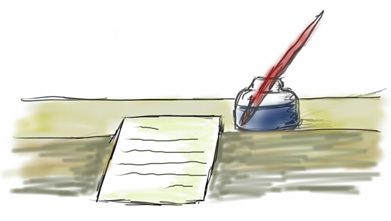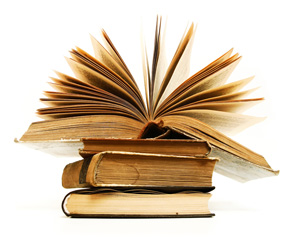
“Self-Editing for Fiction Writers” by Renni Browne and Dave King
Cartoon by George Booth Copyright 1993
I discovered something this week. If you’re writing a story, you need to know your characters — well. I had created a brief workup on supporting characters that included appearance and a few interests. But I neglected to get at their core. I started writing without any real knowledge of who they were. Because I didn’t know them well enough, I mixed two of them up. I couldn’t remember who did or said what a chapter or so behind. I didn’t know how each would react.
Grant it, we get to know more about our characters as our stories unfold. But without an outline that includes more than the basics, we can get stuck. So I went back to a few books in my writing library and searched the internet for advice on Writer’s Digest. Continue reading


